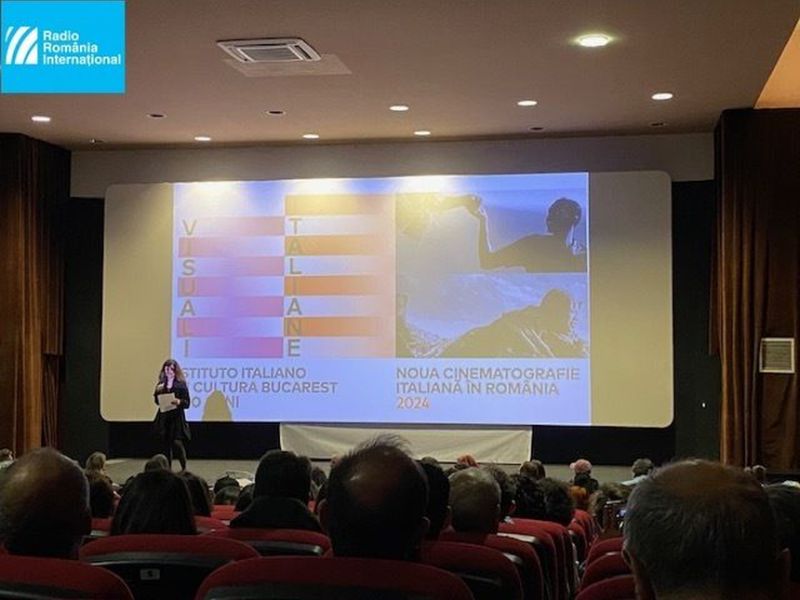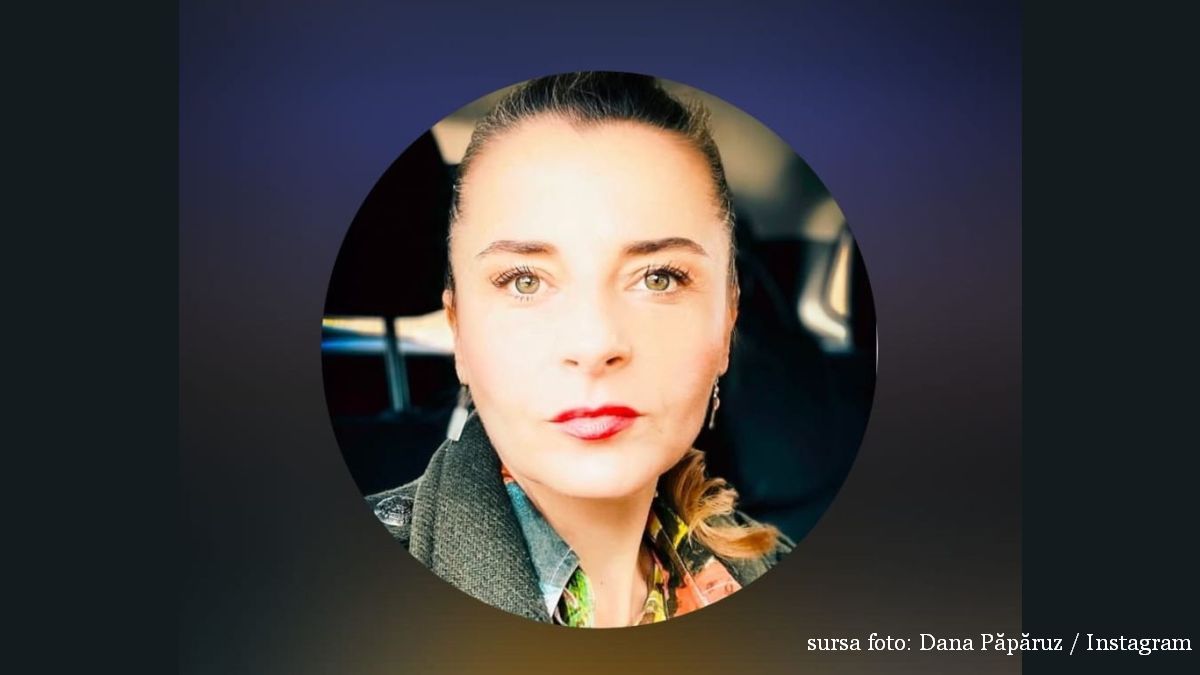The International New Theatre Festival in Arad
A look at the highlights of the festival

Luana Pleşea, 30.05.2015, 14:00
9 days fraught with events – 30 in all, including performances, musical concerts and book launches; that was the recipe for the International New Theatre Festival, the most important theatrical event of the spring season in Arad, western Romania. Hosted at the Ioan Slavici Theatre in Arad in the first half of May, the event, which reached its third edition, included both indoor and outdoor performances, some of them in unconventional places. Here is Bogdan Costea, director with the aforementioned institution with more on the event.
Bogdan Costea: “This festival is a follow-up of the Eurounderground Theatre Festival, which was born out of the need for an alternative to the Classical Theatre Festival. It took place under the patronage of Arad Culture Centre, which was at the time running an exclusive project involving independent theatre companies from Romania and abroad. As time went by the project evolved into a genuine alternative to the Classical Theatre Festival, which we now know as the International New Theatre Festival.
When we say new theatre we actually mean contemporary productions. Here is theatre critic Claudiu Groza, who was selector for the festival with a definition of contemporary theatre.
Claudiu Groza: “Its the theatre that speaks about our everyday issues in our everyday language. They could be plays by Shakespeare, Gombrowicz or Caragiale, but if they touch upon our present-day concerns – well, thats new theatre.
But why would a classical theatre play venue for such a festival? Here is director Bogdan Costea again.
Bogdan Costea: “First its about attracting this audience segment, of young and very young theatre buffs: thats actually our goal, namely to win over this audience. Its a mission we have assumed and wed like to open our gates in terms of including new contemporary theatre plays, as well as plays that are staged by independent theatre companies. So, it is going to be a mélange of different types of plays and theatre styles.
The third International New Theatre Festival has brought together new and emblematic productions for the Romanian theatre. According to Claudiu Groza there was a wide range of plays, from sparkling comedies, thought-provoking dramas, spectacular shows, as well as classical plays in fresh staging. The Festival included a show from Ukraine, ‘To meet Prospero, staged by Vokresinnia Theatre of Lviv.
Claudiu Groza: “Romanian theatre should also be open to whats going on abroad, although I tend to give credit to George Banu, who said that ‘Romanian theatre should not have an inferiority complex. We are staging a type of syncretic theatre, extremely dynamic with emphasis on the visual part, unlike the French or German tradition, for instance, which focus mainly on the script. And we should not idealize the type of theatre promoted in one country or another, but at the same time its very important to keep track of performances and trends going on outside Romania. Its important for our spectators, who may want to see foreign performances and for professionals alike, because they need to meet other professionals and exchange best practices.
According to director Bogdan Costea, one of the goals of the Classical Theatre Ioan Slavici based in Arad, western Romania, is to attract young theatre goers who can now watch performances not only during the Festival but also in the theatre season. During the Festival, the host institution presented its own production, ‘Circle. Mirror. Transformation, a play directed by Cristi Juncu. The script was written by young Pulitzer Prize winner Annie Baker. Here is more on the show with actress Aura Calarasu.
Aura Calarasu: “This was a very nice meeting with a successful American writer of great sensibility and a great sense of music, who is also a highly appreciated director. It was pleasant – thats the right word. Its about theatre as some sort of medicine, about its healing power. About how theatre can help the man in the street, not necessarily the actor.





























